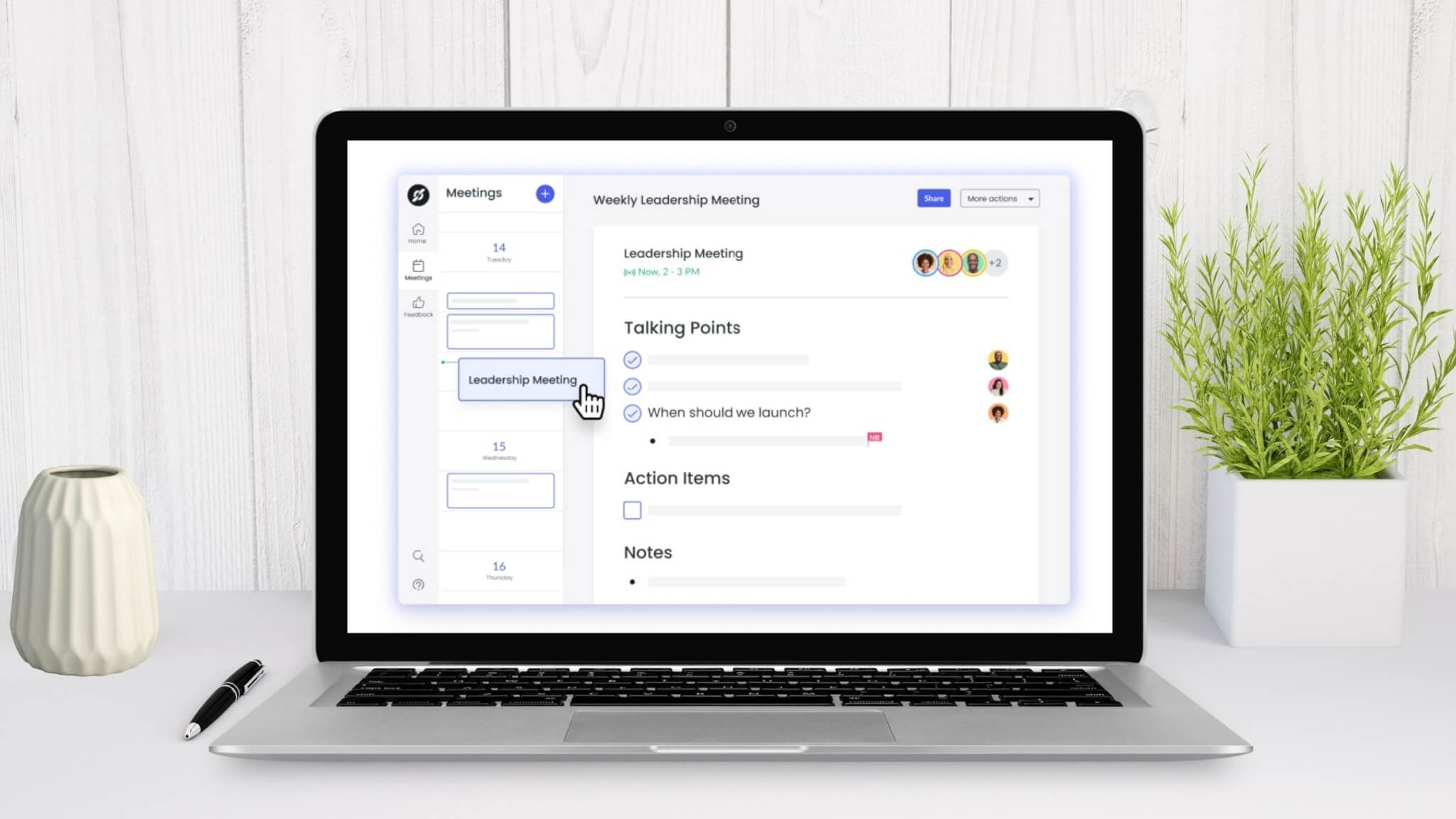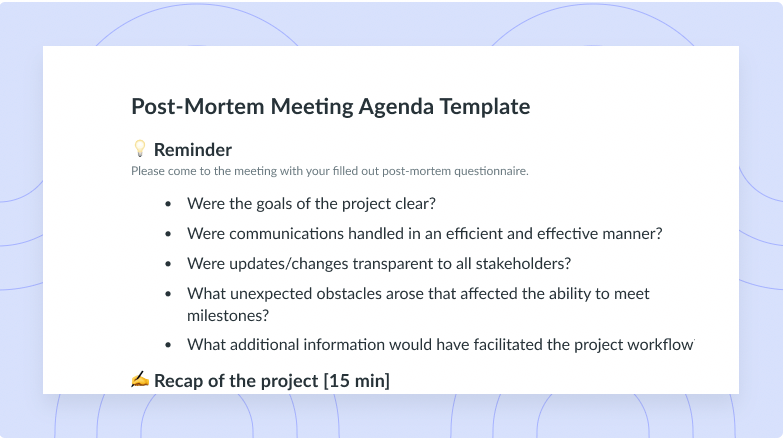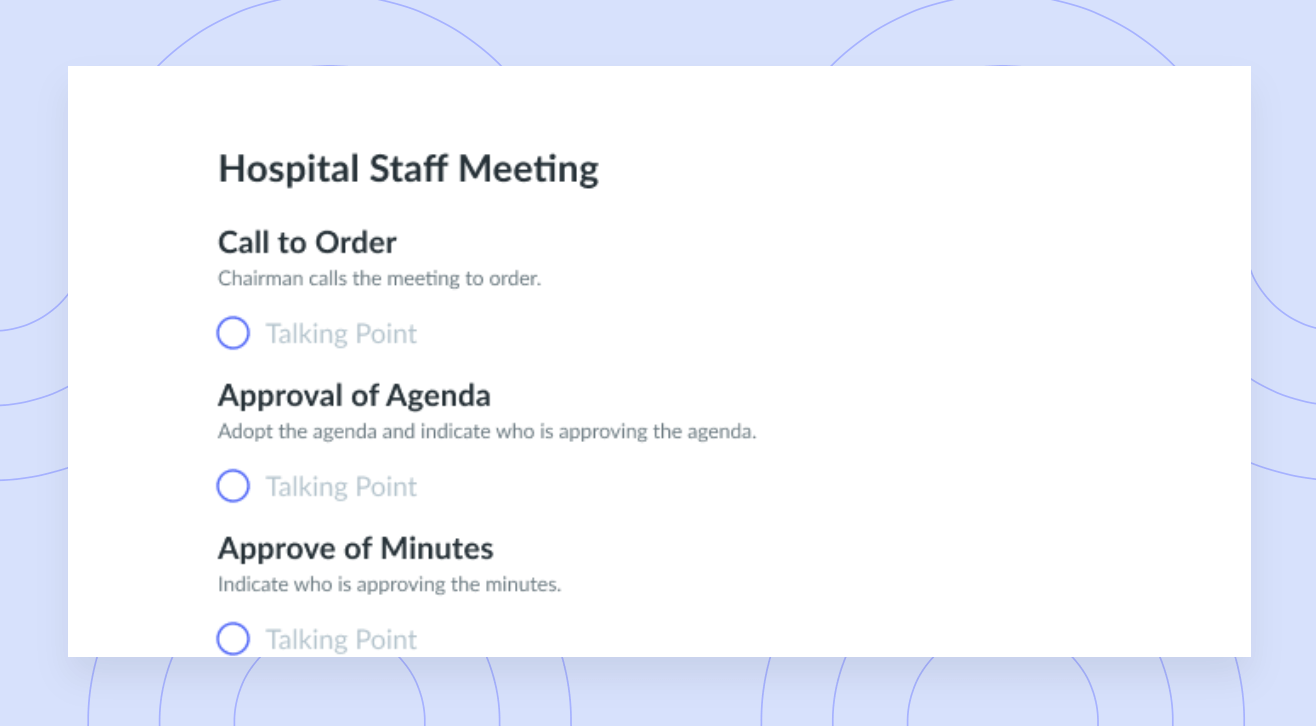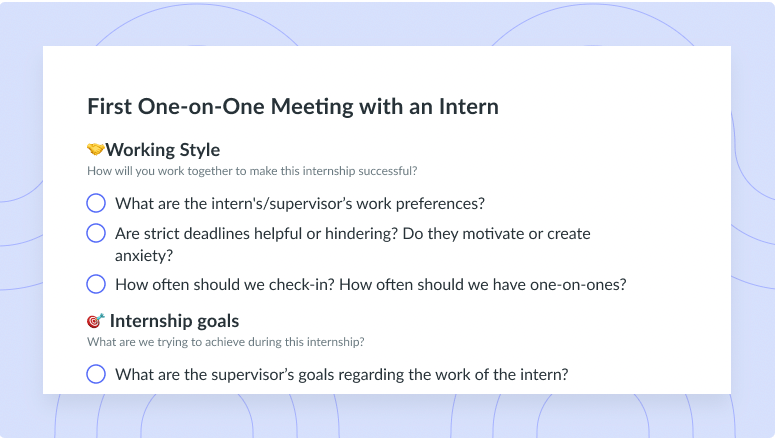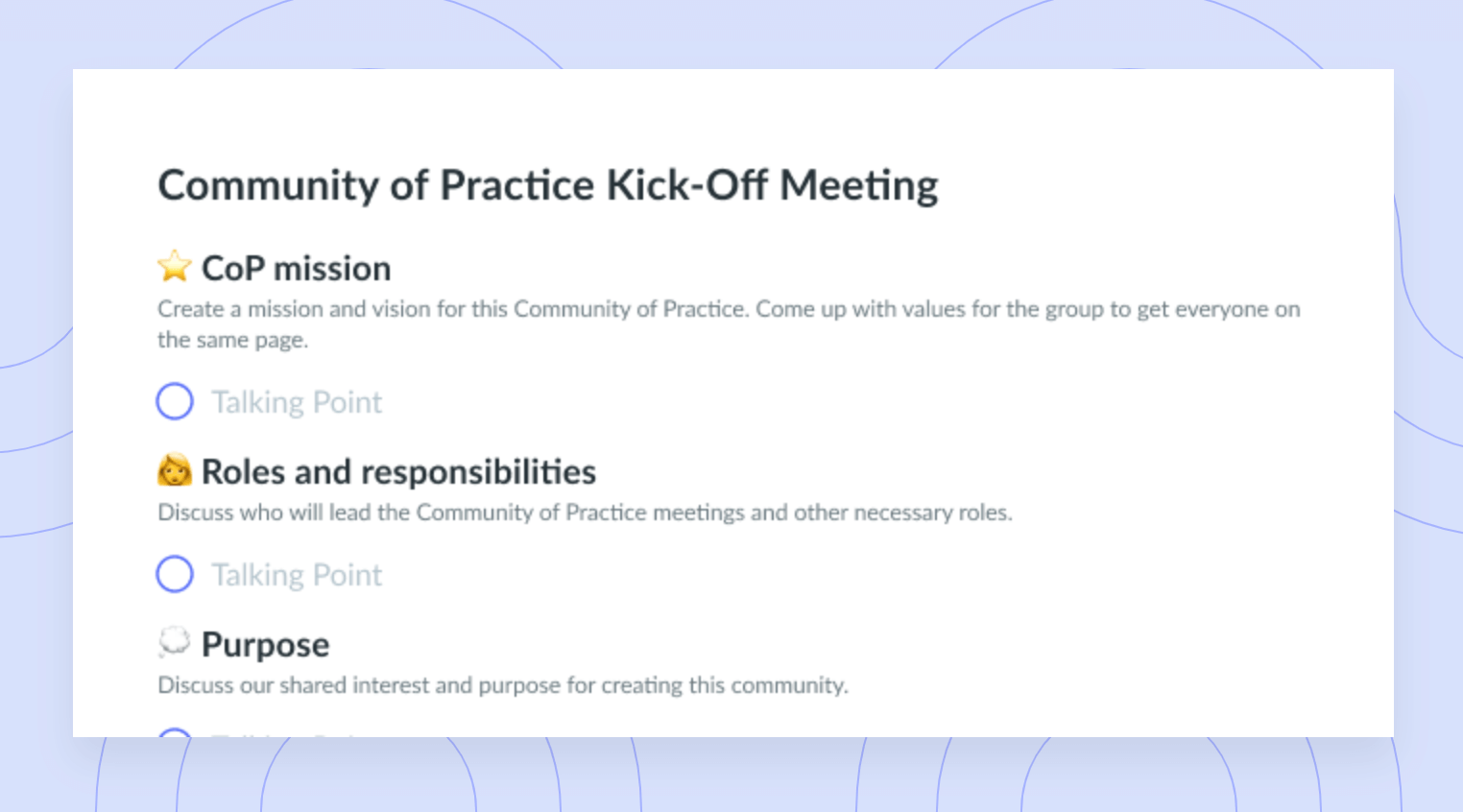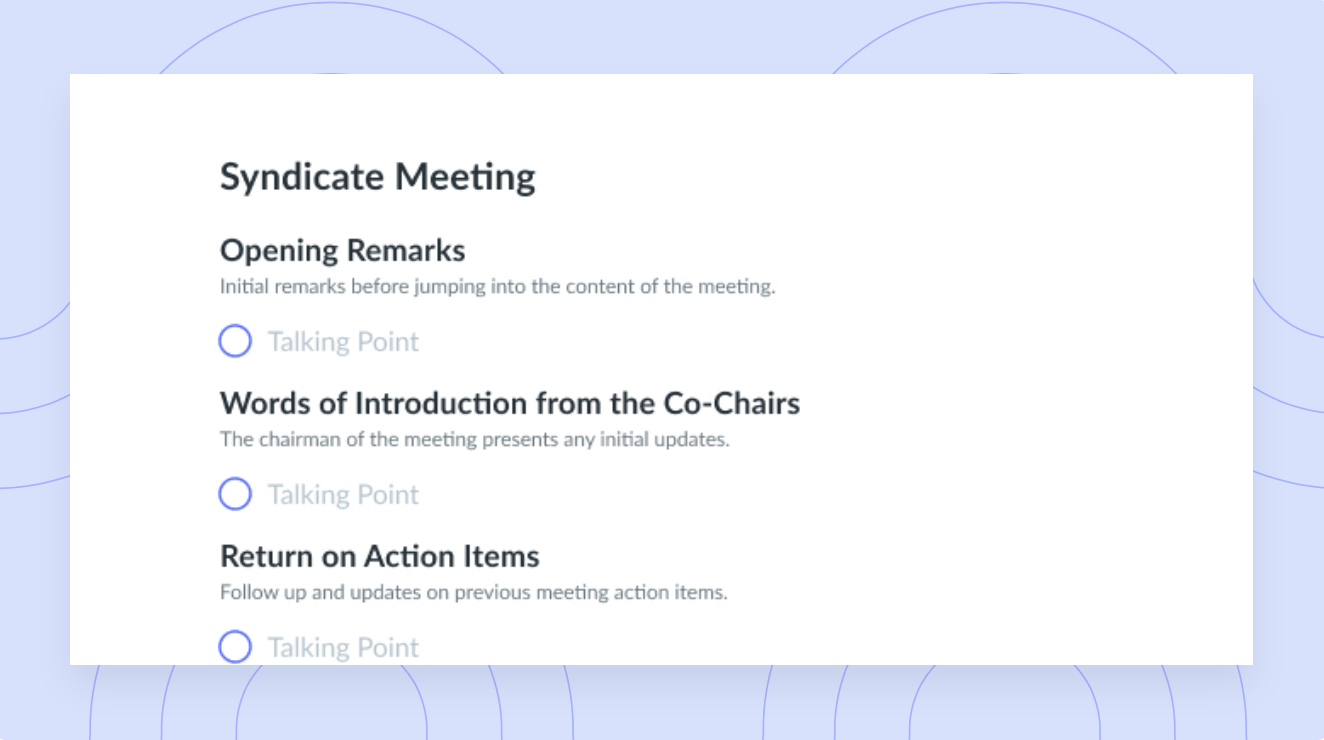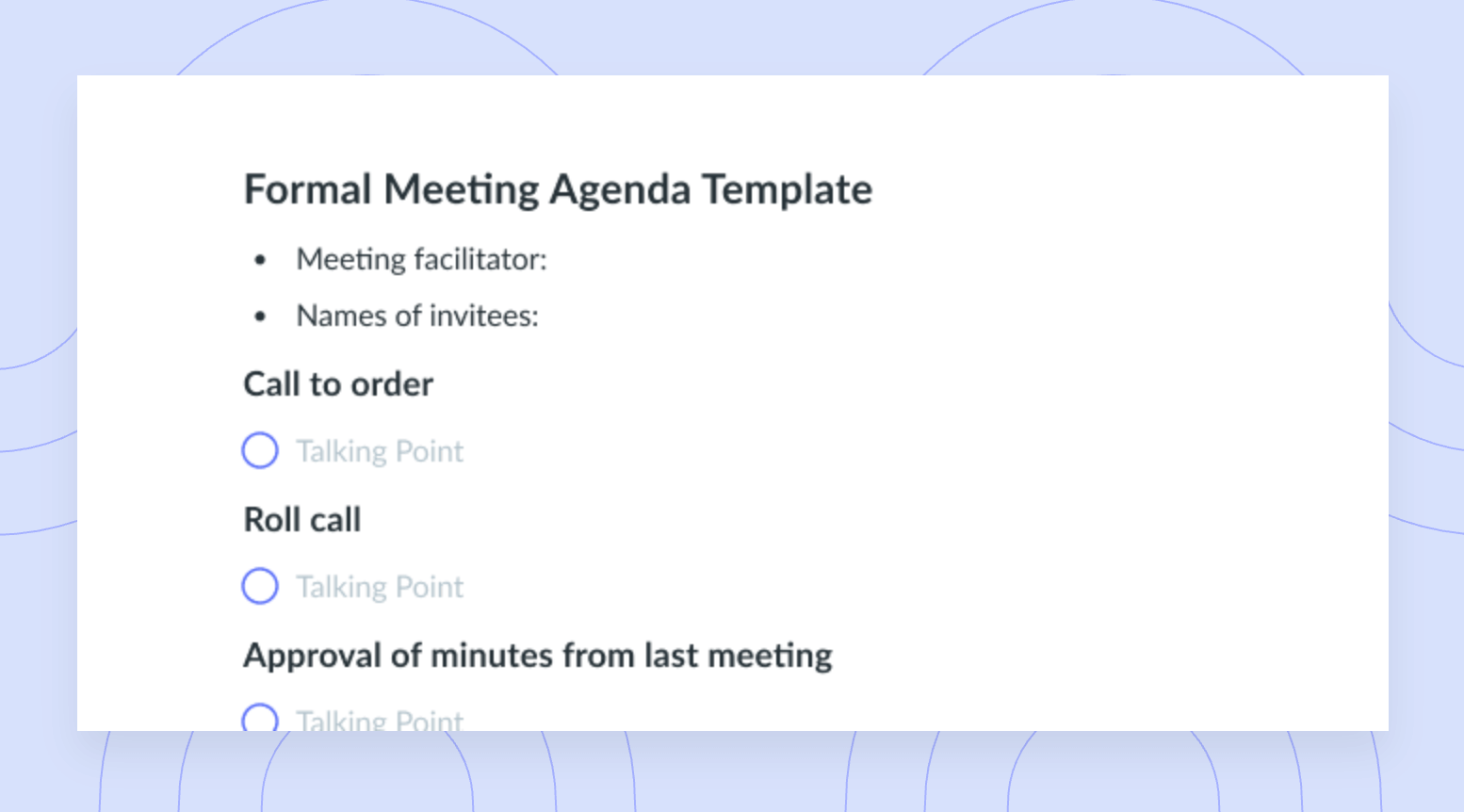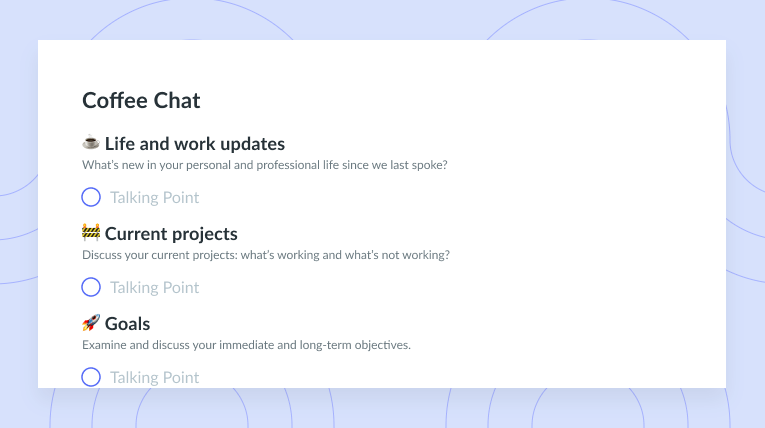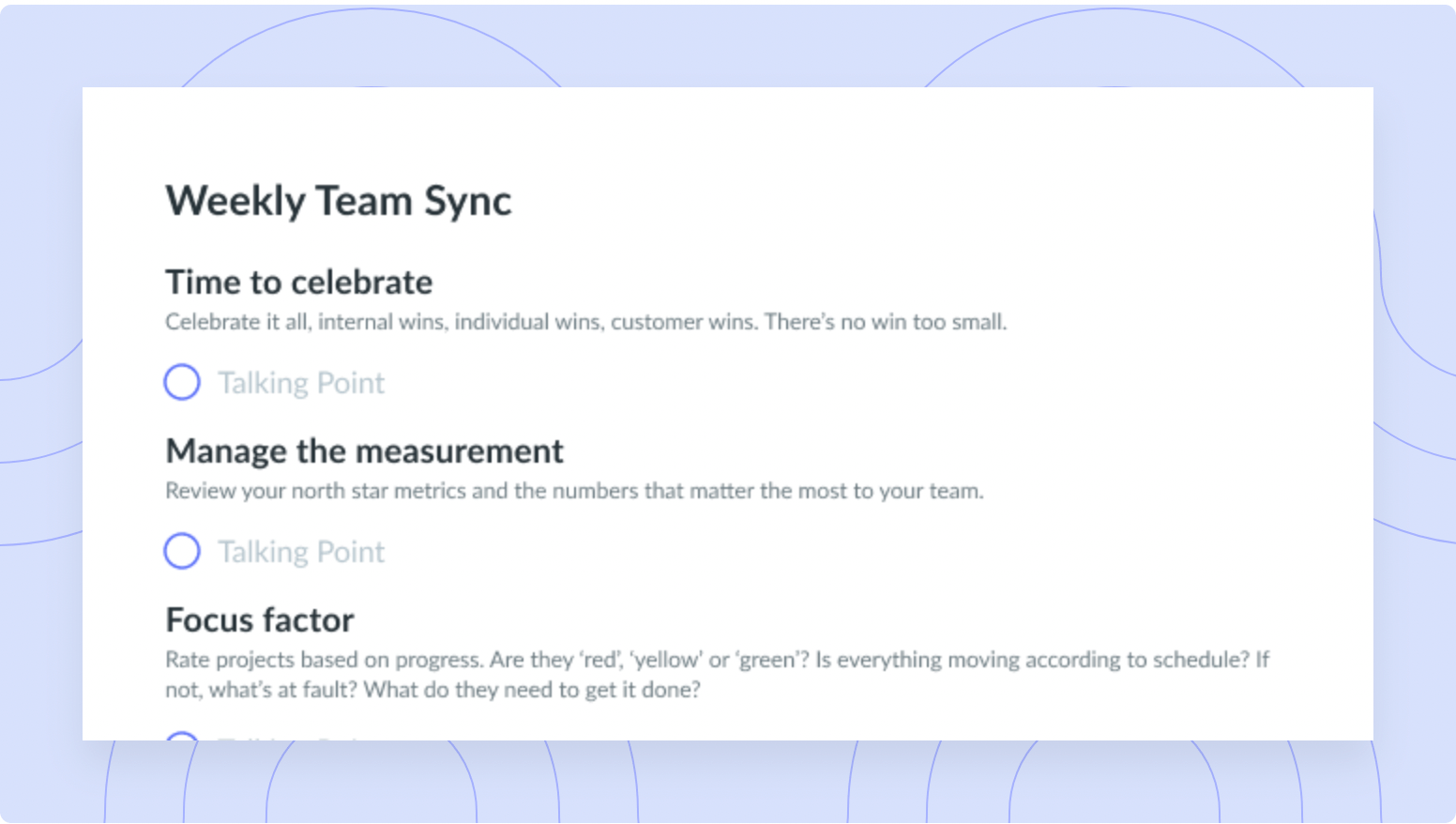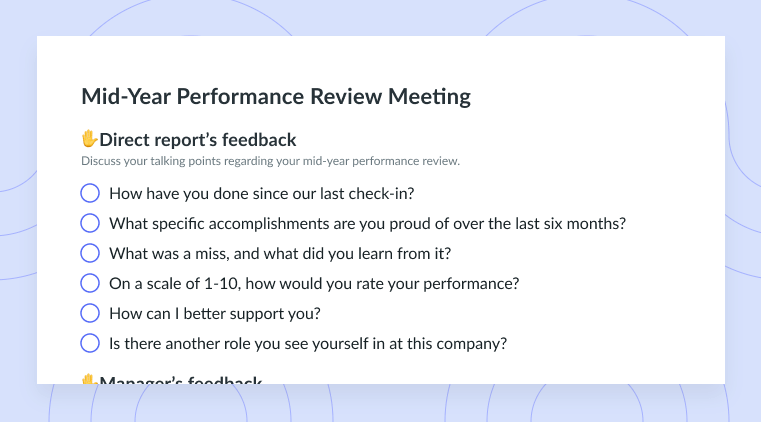Danielle Leong: Encouraging an Ask Versus Guess Culture
Learn how to improve emotional intelligence by cross-pollinating teams and empowering teammates.
Danielle Leong is the Director of Engineering at GitHub where she has grown to be an incredible leader. Prior to GitHub, Danielle was a Front-End Web Developer and Diversity Co-Chair at Twilio.
Listen to this episode (or read the transcript below) to learn how Danielle excels at goal setting while prioritizing an ask versus guess culture where teammates feel compelled and empowered to share their opinions and weigh in on new ideas.
1 Who has been your most favorite or memorable boss, and why?
My favorite boss would be Helen, she was the first manager that I had at GitHub. She was the first time that I had a woman of colour as my manager in engineering and it was so special to me, and I really looked up to her. She was one of the most amazing coaches I ever had and she’s actually the person that inspired me to become a manager because I finally saw somebody that looked like me that was doing some really amazing things. We still talk frequently today and she’s a huge part of my life.
2 Can you give an example of a coaching tactic she would use?
Sometimes I would get stuck on a problem, and she would really help me work through it by asking the right questions and identifying the proper communication style to solve the problem. Instead of going to my manager and complaining that a certain person may be hard to work with, she taught me the value of understanding how I may be insensitive to the scenario and taught me to break down everything I’ve tried, what I’m looking for, and what I’m hoping to gain from the relationship with the other person.
3 What does psychological safety mean to you when it comes to teams?
To me, that means that people have the ability to speak up about their needs and they feel safe being able to do so while feeling like their boundaries are being respected. To me, consent and safety are incredibly important because that means that people are able to contribute fully to everyone’s ideas. It’s important that everybody feels like they’re able to contribute fully in a safe and effective manner and that they’re not going to be penalized for who they are.
4 How does it relate to emotional intelligence?
You really have to be able to understand a lot of different facets about a person and it’s really important for everyone to improve the emotional intelligence amongst their teams in order to increase psychological safety because if you have the emotional intelligence to ask those questions, and to be able to learn from another person’s lived experience, then that means that you become a much more well-rounded person.
5 What are other tactics you can use to increase psychological safety within teams?
One of the things that I’m currently trying right now is cross-pollination which entails moving people to different teams to see how we can improve processes, communication, and collaboration. For example, we’ve merged two of our engineering teams together to see what they can learn from each other when it comes to things like processes and technology stacks, and everybody has been learning a lot and exchanging ideas, and adopting new ways of planning and tracking projects.
6 What is an ask culture?
Ask culture is something I actually learned from Katherine Wu. I saw a really amazing talk that she did for Lead Dev where she explained that it’s a very western-style of thinking, where if you have a problem, or you have some feedback you want to share you just share it.
7 What goals should you avoid setting and what are some common traps that people may fall into while setting goals?
I would say that a very ineffective parable goal is something like a new year’s resolution, where they’re way too broad which is ultimately an example of a very unstructured, bad goal. I look at goals like OKRs, I really want to make them scoped and make sure that they are small, achievable, and measurable. I also like to make sure that they are aligned with our defined engineering ladders or any career ladders that I have because if not, everything will be disconnected.
8 What have you learned about running really good meetings?
If you run a good meeting, and if you run an effective meeting, people want to be there. People will show up and they’ll contribute. There’s nothing worse than a meeting that is way too long that rambles on for way too long. When people are obligated to be there, they feel like they aren’t able to leave or provide feedback. I actually wrote an article fairly recently on how to run meetings that don’t suck as much. I’ve got a theme in how I write a lot of my articles, there’s no guarantee that they will be better, but hopefully, they will suck less.
9 Do you have any tips, resources, or words of wisdom for managers or leaders that are looking to get better at their craft?
I would recommend trying to learn something from somebody with a completely different experience than you so you can start to get comfortable with feeling uncomfortable because that’s where a lot of growth comes from. I’m learning about social issues from people who are different from me who have different lives and lived experiences and it’s really valuable so really being able to dive into other people’s lived experiences and learning how to say, I’m sorry, is incredibly important.
I would also recommend reading a lot more and putting the things you learn into practice. If you go to my GitHub repo, I have one for manager resources. I have a list of recommended readings and things that I have personally learned a lot from and really grown from so that’s something that I would definitely recommend checking out.



